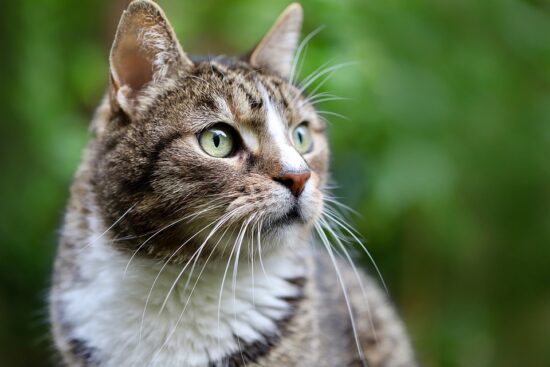Both antibiotic resistant bacteria and genes transmitted between healthy dogs and cats and their owners, finds study in UK and Portugal
The role of companion animals as potential reservoirs of antimicrobial-resistant bacteria is a growing concern worldwide. Escherichia coli (E. coli) bacteria are common in the intestines of healthy people and animals. There are a number of different types and, while the majority are harmless, some can cause serious food poisoning and life-threatening infections, including blood poisoning, with over 40,000 cases each year in England alone.
Particularly important are infections caused by highly resistant strains with ESBL and AmpC-producing Enterobacteriaceae (AmpC-E) and Carbapenemase-producing Enterobacterales (CPE), which are resistant to multiple antibiotics including penicillin and cephalosporins.
In this study, researchers wanted to find out how these resistant bacteria are spread and whether there is a cross-over between healthy companion animals (ie, cats and dogs) and their owners.
AMR NEWS
Your Biweekly Source for Global AMR Insights!
Stay informed with the essential newsletter that brings together all the latest One Health news on antimicrobial resistance. Delivered straight to your inbox every two weeks, AMR NEWS provides a curated selection of international insights, key publications, and the latest updates in the fight against AMR.
Don’t miss out on staying ahead in the global AMR movement—subscribe now!







